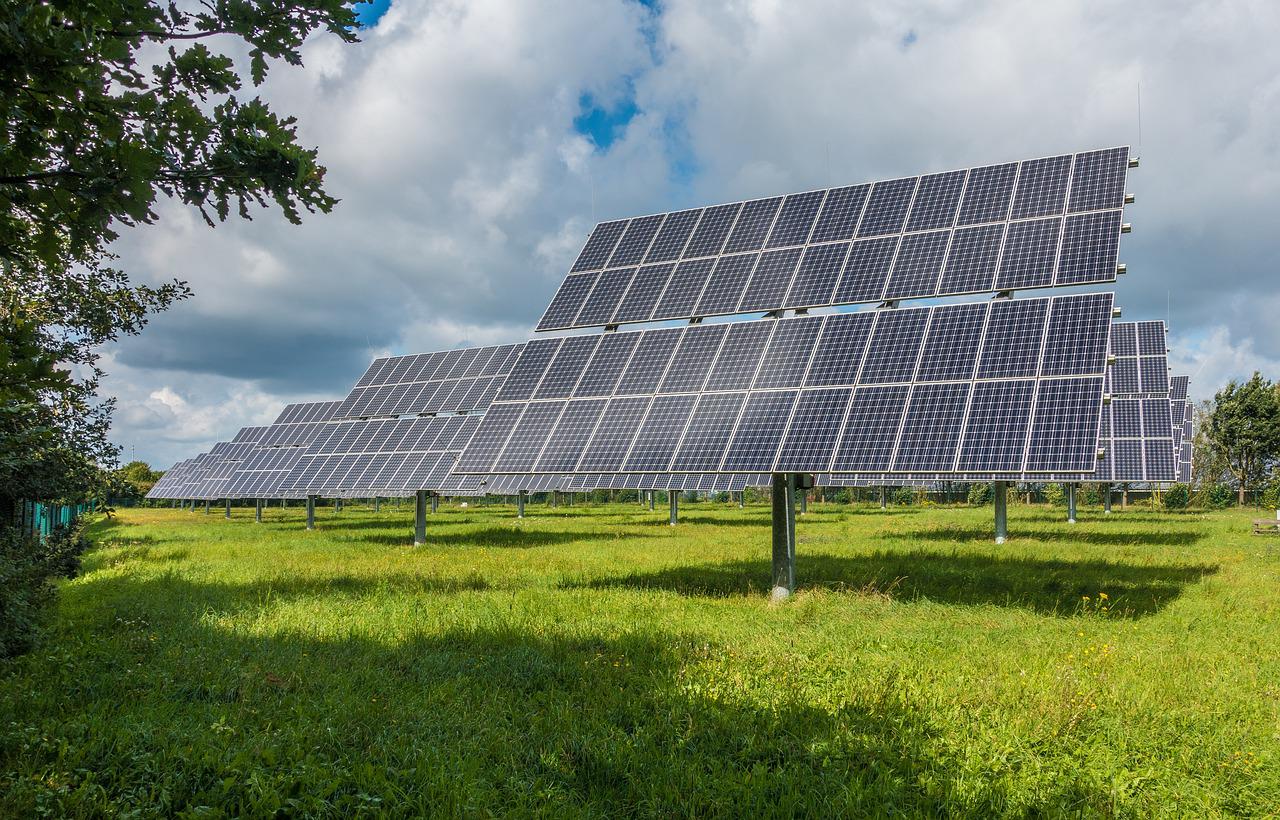Solar power is quickly becoming one of the most well-liked alternatives to conventional forms of renewable energy. Most people are aware that switching to renewable energy sources like solar is an important step in combatting global warming and other environmental issues associated with fossil fuels. Installing a home for solar energy can seem like a logical choice for homeowners who want to lower their utility bills and reduce reliance on electricity from the grid. Before you rush out and purchase a photovoltaic system for your house, it’s important to identify the pros and cons of going solar.
Do you have the space needed to incorporate a rooftop installation? Are there any local regulations that will affect your ability to use the energy generated by your system? If you answer yes to these questions, then reading on might be worth your time.
When the topic of solar energy comes up, many people automatically assume that it’s not a viable option. This is partially due to the fact that most people associate solar energy with solely sunny climates. While this is partly accurate, there are many benefits of incorporating solar power into your home as well. Here we will discuss some pros and cons of using solar energy in your home so you can make an informed decision if it’s something you want to incorporate into your lifestyle.
What is solar energy?
Simply put, solar energy is the conversion of sunlight into electricity through photovoltaic cells. Photovoltaic cells are made of special semiconductors that are able to absorb the photons in sunlight and convert to electricity. The most common photovoltaic cells are made of silicon, which is common to almost every home in North America.
How Does Solar Energy Work?
Simply put, solar panels use conductive polymers to convert sunlight into electronic energy. The polymers are able to change their electronic charge when exposed to photons in sunlight, thereby producing an electric current.
Is Going Solar Right for You?
This is a question you should ask yourself before taking on the expense and effort of installing solar panels on your roof. While it can be tempting to believe that going solar can solve all of your energy problems, that’s not really the case.
Sure, using renewable energy sources like solar can help reduce your carbon footprint, but it won’t produce an unlimited amount of energy. You can expect to use less energy from your solar panels than you would from the grid, which is why you may want to consider other factors before making a long-term commitment to going solar.
Pros of Going Solar
There are several advantages to using solar energy for home electricity:
- Renewable energy source: Solar energy is a renewable energy source, which means it can be replenished naturally and will not run out.
- Cost savings: Solar panels can help reduce your electricity bills, especially if you live in an area with high electricity rates.
- Environmentally friendly: Solar energy is a clean and renewable energy source that does not produce any greenhouse gases or other pollutants.
- Low maintenance: Solar panels require little maintenance, with most manufacturers offering warranties of up to 25 years.
- Versatility: Solar panels can be installed on a variety of surfaces, including rooftops, ground-mounted systems, and even on carports or other structures.
- Increased property value: Homes with solar panel systems may be more attractive to potential buyers and can potentially increase the value of your home.
- Government incentives: Many countries offer financial incentives and subsidies for homeowners who install solar panel systems, making it more affordable to switch to solar energy.
Cons of Going Solar
There are also some disadvantages to using solar power for electricity:
- Initial cost: The initial cost of installing a solar panel system can be high, although the cost has been steadily decreasing in recent years. However, the long-term cost savings on electricity bills can offset the initial investment.
- Dependence on weather: Solar panels are reliant on sunlight, so their electricity production can be affected by weather conditions such as clouds and storms. This can be mitigated by using energy storage systems such as batteries.
- Limited availability: Solar panel systems may not be suitable for all locations, as they require a certain amount of sunlight to be effective.
- Land use: Large-scale solar panel installations can take up a lot of land, which could potentially be used for other purposes.
- Aesthetics: Some people may not like the appearance of solar panels, although there are now more aesthetically pleasing options available such as solar shingles and building-integrated photovoltaics (BIPV).
- Limited energy production: Solar panel systems can only generate electricity during the day, and their output is limited by the size of the system and the amount of sunlight available. This can be overcome by using energy storage systems or by pairing solar panels with other forms of electricity generation, such as wind or hydroelectric power.
Q&A on solar power for home electricity
Q: What is solar power?
A: Solar power is electricity generated from the energy of sunlight. Solar panels, also known as photovoltaic cells, convert sunlight into electricity through a process called the photovoltaic effect.
Q: How does solar power work for home electricity?
A: Solar panels are installed on the roof or in a sunny area of a home. The panels convert sunlight into direct current (DC) electricity, which is then sent to an inverter. The inverter converts the DC electricity into alternating current (AC) electricity, which is the type of electricity used in homes. The AC electricity is then sent to the home’s electrical panel and distributed to the various circuits and appliances in the home.
Q: Are solar panels efficient?
A: Solar panel efficiency refers to the percentage of sunlight that is converted into electricity. Most solar panels have an efficiency of around 15-20%, although some newer models can have efficiencies of up to 25%.
Q: How much does it cost to install solar panels for home electricity?
A: The cost of installing solar panels for home electricity can vary greatly depending on the size of the system, the location, and other factors. In general, the cost can range from $10,000 to $30,000 or more. However, the long-term cost savings on electricity bills can offset the initial investment. Many countries also offer financial incentives and subsidies for homeowners who install solar panel systems.
Q: Are there any maintenance requirements for solar panels?
A: Solar panels require little maintenance, with most manufacturers offering warranties of up to 25 years. It is recommended to keep the panels clean and free of debris, which can be done by simply hosing them off or using a soft cloth and mild cleaning solution. It is also a good idea to have the system inspected annually by a professional to ensure it is functioning properly.
Q: Are there any disadvantages to using solar power for home electricity?
A: Some of the disadvantages of using solar power for home electricity include the initial cost of installing a solar panel system, the dependence on weather conditions, and the limited availability in some locations. Solar panel systems also have limited energy production, as they can only generate electricity during the day and their output is limited by the size of the system and the amount of sunlight available. However, these disadvantages can be mitigated with the use of energy storage systems or by pairing solar panels with other forms of electricity generation.
Final Words: Is it time to go solar?
While solar energy is a clean, renewable source of energy, it’s important to weigh the costs and benefits of solar power before making any decisions around grid-based power. Once you know whether or not you have the space, the next step is to determine if it’s worth the investment to go solar for you.



